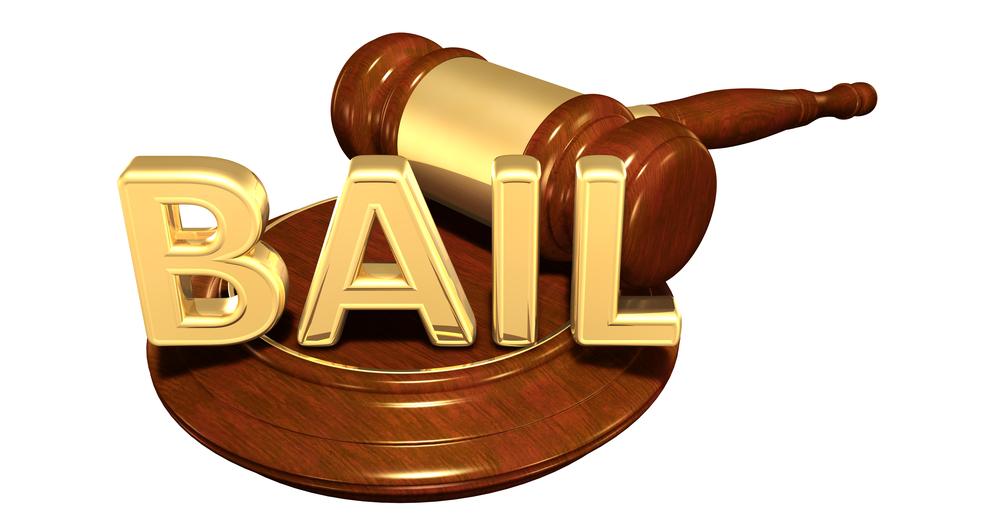By Burnett Munthali
Ghana, known for its relatively stable political climate and democratic principles in West Africa, is increasingly becoming a focal point in discussions surrounding the use of surveillance technologies. The country’s growing reliance on surveillance devices, both in the public and private sectors, reflects a global trend where governments and private organizations turn to technology to monitor activities, track communications, and ensure national security. However, as Ghana adopts more advanced surveillance methods, there is growing concern over privacy, civil liberties, and the potential abuse of these technologies.
The demand for surveillance devices in Ghana has grown in line with the country’s rapid technological development and its increasing focus on national security. As the country grapples with issues like terrorism, organized crime, and civil unrest, surveillance technologies have been promoted as vital tools for improving security. This trend has also been fueled by global developments, such as the use of surveillance technologies in counterterrorism efforts and the expansion of digital communication platforms.
Ghana’s surveillance infrastructure is characterized by a mix of technologies, ranging from traditional CCTV systems in public spaces to more advanced, intrusive devices used by intelligence agencies. These systems are typically used by government agencies, law enforcement, and private corporations, all seeking to monitor public spaces, track communications, and prevent security threats.
The National Communications Authority (NCA) plays a critical role in Ghana’s surveillance landscape. As the regulatory body for the communications sector, the NCA oversees the licensing and regulation of telecom operators and Internet Service Providers (ISPs). In recent years, the NCA has also been involved in initiatives aimed at enhancing surveillance capabilities. For example, the NCA has been known to implement systems for monitoring telecommunications and internet activities, providing the government with valuable intelligence data on citizens’ communications.
CCTV systems have become a standard surveillance tool used in urban areas across Ghana, particularly in cities like Accra, Kumasi, and Takoradi. These systems are primarily used to monitor traffic, public spaces, and areas considered vulnerable to criminal activity. The installation of CCTV cameras has been part of broader efforts to enhance public safety, with the government and private entities collaborating on setting up surveillance networks.
In 2017, the Ghana Police Service, in collaboration with local technology firms, launched an initiative to install 1,000 CCTV cameras around the country, aimed at deterring crime and ensuring better policing in urban areas. These cameras, often located in busy areas like markets, intersections, and key government buildings, have become essential tools for crime prevention, identification of suspects, and providing evidence in criminal investigations.
Mobile phone surveillance has emerged as a critical tool for law enforcement agencies in Ghana. With mobile phone penetration in Ghana reaching over 90%, mobile surveillance allows for the interception of communications, tracking of locations, and monitoring of text messages or calls. Mobile surveillance tools have been used in various investigations, particularly those involving organized crime and terrorism.
The government’s ability to monitor mobile communications became a point of contention in 2018 when it was reported that the NCA had implemented a “monitoring platform” that enabled real-time interception of text messages, phone calls, and internet traffic. This raised concerns over privacy, with critics warning that the system could be used to spy on citizens without proper legal oversight.
In 2021, the Israeli-made Pegasus spyware gained international attention after it was revealed that several African countries, including Ghana, had purchased the software. The spyware, which can be used to infiltrate smartphones and extract sensitive data, has been associated with authoritarian regimes that have used it to target political opponents, journalists, and activists.
Reports suggested that Ghana’s National Communications Authority (NCA) had been involved in acquiring Pegasus spyware through third-party companies in the country, raising suspicions about its misuse for political surveillance. The spyware, which can monitor calls, messages, emails, and even activate a phone’s microphone and camera, has been linked to the monitoring of journalists, opposition figures, and human rights activists. This has raised significant concerns about the erosion of civil liberties and the potential for political persecution.
Beyond government surveillance, there has been an increasing trend in private individuals and companies adopting surveillance devices. In recent years, private sector actors have invested in security technologies to monitor employees, protect assets, and ensure the safety of their premises. Surveillance systems, including closed-circuit television (CCTV) cameras, motion sensors, and biometric access controls, have become standard in banks, shopping malls, and even residential homes.
In many urban areas, private citizens have also resorted to setting up surveillance cameras in their neighborhoods in response to rising crime rates. These cameras are often shared with local authorities to provide real-time monitoring of activities within the community. However, such widespread adoption of surveillance devices has raised concerns about privacy violations, especially if these devices are used in ways that infringe on individuals’ rights without their consent.
While surveillance technologies are touted as necessary for security, they also present several legal and ethical concerns. In Ghana, the use of surveillance devices is governed by various laws and regulations, but the balance between national security and individual privacy is often a contentious issue.
One of the primary concerns surrounding surveillance devices in Ghana is the right to privacy. While the Constitution of Ghana provides citizens with fundamental rights, including the right to privacy, there is no specific law that regulates surveillance activities. This leaves a gap in terms of accountability and transparency for surveillance practices, especially when it comes to government surveillance. The absence of a clear legal framework for monitoring mobile communications and online activities raises concerns about potential abuses of power, particularly with regard to political surveillance.
In 2012, the government passed the Data Protection Act, which was aimed at protecting the personal data of citizens from abuse. However, critics argue that the law is not comprehensive enough to cover the scope of surveillance technology being used today. The law also lacks provisions for monitoring the use of spyware and other invasive surveillance tools.
Ghana’s political landscape has long been known for its relative stability compared to other West African countries. However, the increasing use of surveillance technology, especially political surveillance, has raised fears of a potential shift toward authoritarianism. The 2020 general elections saw accusations of political interference and intimidation, and the sale and use of spyware such as Pegasus has fueled fears that surveillance tools may be used to target political opponents and dissenting voices.
The use of surveillance technologies to monitor opposition figures and human rights activists is a serious threat to Ghana’s democratic processes. There are concerns that the government, especially during times of political tension, may misuse surveillance to suppress free speech, intimidate opponents, or prevent opposition parties from gaining political ground.
The use of surveillance technologies in Ghana has been criticized for the lack of adequate oversight and accountability. Without robust oversight mechanisms, the potential for abuse is high, as evidenced by the allegations surrounding the use of Pegasus spyware. There are calls for the establishment of independent bodies to oversee the use of surveillance technologies and ensure that these tools are used in a manner that is consistent with international human rights standards.
Moreover, Ghana lacks comprehensive regulations for the export and acquisition of surveillance technologies, which has led to the misuse of these tools by actors with questionable intentions. The government’s involvement in acquiring surveillance devices, without transparent public disclosure, undermines public trust and raises suspicions about the true motivations behind the use of these technologies.
Ghana’s increasing reliance on surveillance devices is reflective of broader trends across Africa, where governments are adopting sophisticated technologies to monitor national security threats and maintain political control. While surveillance can enhance security, its unchecked use poses significant risks to citizens’ privacy and civil liberties.
Moving forward, Ghana must balance its security concerns with the protection of fundamental rights. Stronger regulatory frameworks, independent oversight, and greater transparency regarding the use of surveillance technologies are essential to ensuring that these tools are used in a responsible and ethical manner. It is also crucial that Ghana adopts international human rights standards to safeguard against the misuse of surveillance devices in suppressing political opposition, curbing free speech, or violating privacy rights.



